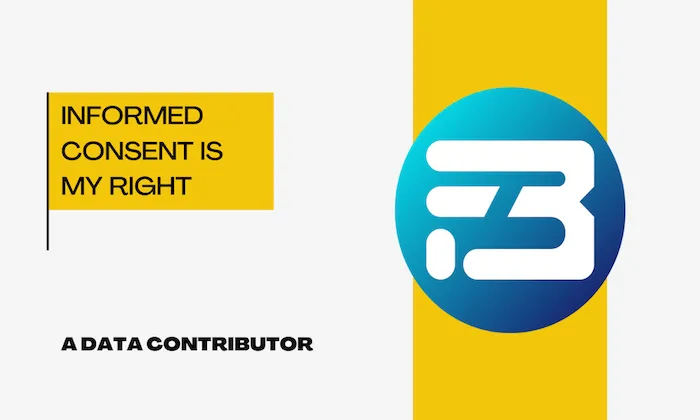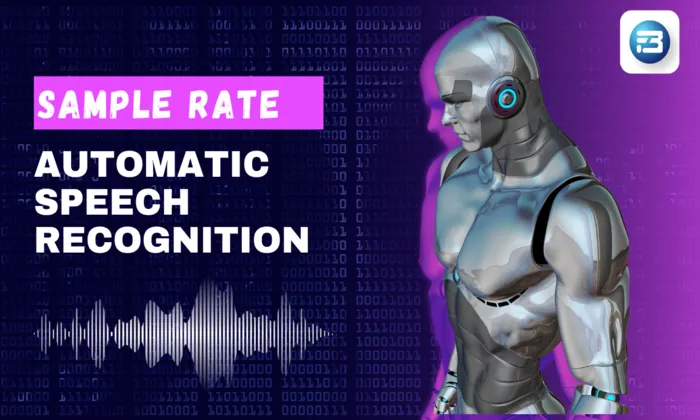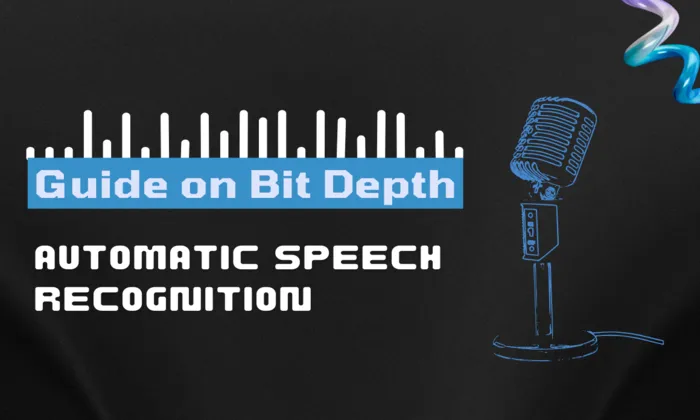Can TTS datasets be used for voice assistants in cars or mobile apps?
TTS
Automotive
Speech AI
Text-to-Speech (TTS) datasets play a crucial role in shaping the future of voice assistants in cars and mobile applications. These datasets, consisting of audio recordings paired with text transcriptions, train systems to convert written text into spoken language, enabling seamless, natural interactions that are vital for modern user experiences.
The Role of TTS Datasets in Voice Assistants
Key Features and Applications
TTS datasets are essential for developing voice assistants capable of delivering information in a conversational and engaging manner. They are categorized into scripted and unscripted formats, capturing both pre-written and spontaneous speech. This diversity is key for creating assistants that sound authentic and can handle a wide variety of user interactions.
- Automotive Use Cases: TTS datasets are integral to automotive systems, powering features like GPS navigation and real-time traffic updates. By providing clear, natural-sounding instructions, they improve user safety and convenience on the road.
- Mobile Applications: In mobile apps, TTS is used to read text messages aloud and enable hands-free communication, enhancing accessibility and user engagement.
Enhancing User Interaction and Experience
Voice assistants rely on TTS datasets to ensure that interactions are not only functional but also contextually relevant. High-quality datasets allow for the synthesis of voices that convey emotion, nuance, and clarity, making interactions more personal and effective.
- Diverse User Needs: In vehicles and mobile apps, users have different preferences regarding voice accents, tones, and languages. By incorporating diverse voices and dialects, TTS datasets help create inclusive technology that resonates with a wide demographic.
Implementation in Practice
Building Effective Voice Synthesis
The process of utilizing TTS datasets in voice assistant development involves several critical steps:
- Data Collection: High-quality audio recordings are captured in controlled studio environments to ensure clarity and consistency. FutureBeeAI excels in this area by using industry-standard equipment and professional setups.
- Annotation and Metadata: Each audio file is paired with its corresponding text and enriched with metadata, such as speaker characteristics and emotional tone. This level of detail is crucial for training models to generate lifelike speech.
- Model Training: TTS models are trained on these datasets to learn how to produce speech from text inputs. Advanced models leverage emotional and contextual cues, enabling sophisticated and dynamic interactions.
Ensuring Quality and Relevance
- Audio Quality Management: FutureBeeAI emphasizes stringent audio quality standards, ensuring datasets are free from noise and distortion, and that signal integrity is maintained throughout.
- Domain-Specific Adaptations: Tailoring TTS datasets to specific applications, like automotive navigation or customer service, enhances the contextual relevance of voice assistants. This approach ensures that the technology aligns with real-world user scenarios and is truly effective.
Common Pitfalls and Best Practices
- Prioritizing Quality Over Quantity: The effectiveness of a voice assistant hinges on the quality of its training data. High-quality, diverse recordings are far more valuable than large quantities of inferior data.
- Incorporating User Feedback: Continuous testing and iteration based on user experiences are vital for refining TTS systems and avoiding robotic or unnatural interactions.
- Ethical and Compliance Considerations: Ensuring compliance with ethical standards and regulations when collecting voice data is paramount, particularly from diverse demographics, to avoid legal challenges and ensure inclusivity.
Building Trust with FutureBeeAI
For AI-first companies looking to enhance their voice assistant capabilities, partnering with FutureBeeAI offers a strategic advantage. Our expertly curated TTS datasets, enriched with detailed metadata and tailored for specific applications, provide the foundation for developing cutting-edge voice systems. Whether for automotive, mobile, or other domains, FutureBeeAI's commitment to quality and diversity ensures that your voice assistant solutions are robust, inclusive, and future-ready.
Smart FAQs
Q. How do TTS datasets improve the functionality of voice assistants in vehicles?
A. By providing clear, natural-sounding speech for navigation and real-time updates, TTS datasets enhance user safety and convenience, making driving a more seamless experience.
Q. Why is speaker diversity important in TTS datasets for mobile apps?
A. Diverse speaker inclusion ensures that voice assistants can effectively communicate with users from various backgrounds, enhancing accessibility and user satisfaction.
What Else Do People Ask?
Related AI Articles
Browse Matching Datasets
Acquiring high-quality AI datasets has never been easier!!!
Get in touch with our AI data expert now!








